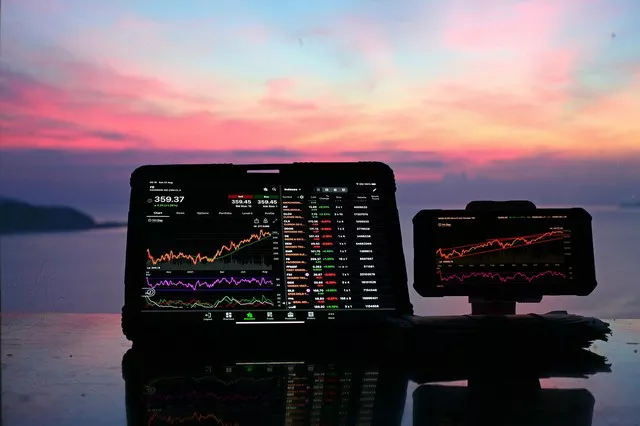Coffee drinkers around the world are facing higher prices, as arabica coffee futures have surged to new record levels. This week, arabica coffee futures surpassed the previous peak set in 1977, nearly doubling in price since the start of 2024.
Futures contracts for arabica coffee reached over $3.45 per pound (0.45 kilograms) this week, breaking a nearly 50-year-old price record. While the price spike in 1977 was driven by devastating frosts in Brazil, this year’s price hike is largely due to a prolonged drought affecting key coffee-producing regions.
Vietnam’s robusta coffee production has also been hit by adverse weather, with drought conditions during the growing season followed by heavy rains at harvest time.
Weather Conditions and Global Factors Driving Prices Higher
“The drought has been a key factor this year,” says Jiří Tyleček, chief analyst at XTB. “In spring, Vietnam’s robusta crops began to suffer, and by autumn, the drought reached Brazil, affecting arabica production—the worst in the last 70 years.”
This year’s price surge is the result of a combination of weather challenges and other global factors. Additionally, growing concerns about tariffs that former U.S. President Donald Trump is set to impose on imported goods in January have contributed to the price hike. “The U.S. is unusually overstocking, which exacerbates the rising price trend,” explains Václav Durďák, owner of Coffeespot coffee roastery.
On top of these factors, a new European Union regulation aimed at reducing deforestation could further push up the price of coffee and cocoa in Europe.
Impact on Espresso Prices in Prague
As coffee prices rise, espresso lovers in Prague can expect to see an increase in cafe prices. However, experts suggest the price hike in cafes will not match the dramatic rise in coffee futures.
“The situation will undoubtedly affect cafe prices, but operators also consider other factors like energy costs and wages when setting prices. So, the increase is unlikely to be severe,” says Lukáš Raška from Portu.
Some cafes have managed to keep prices steady for now, thanks to careful stockpiling. “We are the last ones who want to raise prices,” says Raška. “Thanks to prudent stockpiling, we’ve managed to keep prices lower for several months.”
However, analysts predict that coffee prices in cafes could rise by about 10% in the coming months. “Consumers should prepare for further price increases, as the weak Czech koruna also drives up the cost of importing coffee,” adds Tyleček.
In Prague, an espresso could soon cost CZK 100 or more, as both global and local factors contribute to the rising cost of one of the world’s most beloved beverages.


